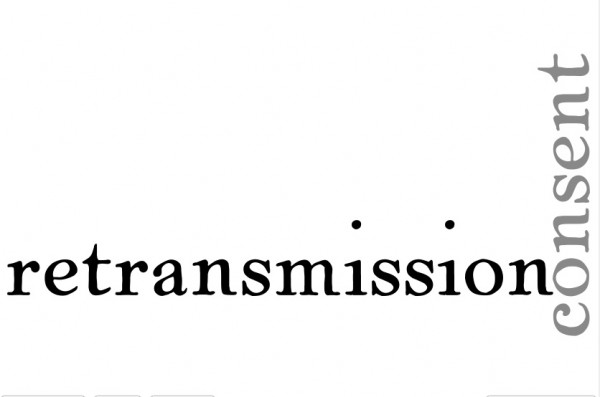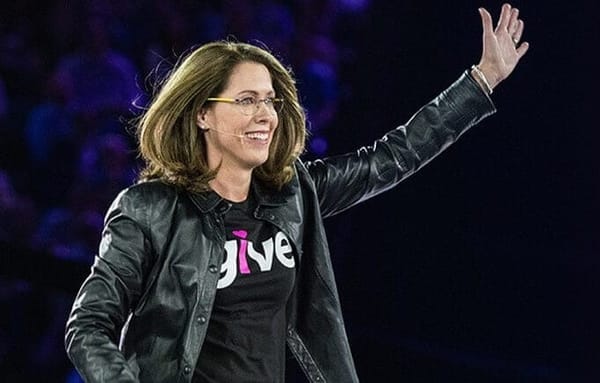Distributors Should Provide Customers With Prominent Notice of Status of Programming Agreements, Says Local Broadcaster
SAN FRANCISCO, May 26, 2010 – The Federal Communications Commission could easily protect television viewers from having their programming disrupted by business disputes between broadcasters and program distributors by requiring the program distributors to conspicuously notify their customers of pend

SAN FRANCISCO, May 26, 2010 – The Federal Communications Commission could easily protect television viewers from having their programming disrupted by business disputes between broadcasters and program distributors by requiring the program distributors to conspicuously notify their customers of pending contract expirations, suggested an executive from a local broadcasting company in a recent filing with the commission.
The commission has asked for public input on the question of whether it should change its rules regarding retransmission consent fees and the fee packages that cable, satellite and telecom companies pay broadcasters for carrying the signals to their own customers in addition to compulsory copyright licensing fees.
The current legal framework was established by a the 1992 Cable Consumer Protection and Competition Act. A large coalition of cable, telecom, satellite companies and non-profit groups filed a petition with the commission early March asking it to update its rules because the market has evolved.
The group wants the FCC to implement a new dispute resolution process if talks break down between the two sides, and to allow program operators to be able to continue carrying broadcasters’ signals on an interim basis if the contracts have expired and the two sides have not reached an agreement. The group has also asked the commission to prohibit broadcasters from requiring program distributors to include channels in their line-up as part of the payment for retransmission consent fees.
The American Cable Association, which is part of the coalition, has also called on the FCC to prevent broadcasters from charging “discriminatory” fees to smaller cable companies.
For their part, the networks and local broadcasters say that there’s nothing wrong with the rules, and that the program distributors’ portrayal of broadcasters’ mafia-like negotiation tactics are overblown.
LIN Television Corporation, a media company based in Providence, Rhode Island that owns 28 network-affiliated local television stations in the Midwest, the South and the Northeast, countered the coalition’s petition last week by suggesting that program distributors provide their customers with 30-days notice about possible disruptions. The company also suggested that program distributors reveal their average price and highest program prices if they think broadcasters’ demands are out of line.
“These measures should greatly expedite the process of resolving good faith bargaining conplaints because they are tied to objective criteria,” write Rebecca Duke, LIn’s vice president of distribution and Joshua Pila, LIN’s regulatory counsel and the firm’s outside counsel from the law firm of Pillsbury Winthrop Shaw Pittman.
LIN noted that current notices to the public — which are required by FCC rules — from companies such as Time Warner are insufficient. The broadcaster submitted an example of a Time Warner Cable ad in a local newspaper filled with tiny lettering jammed between a Sudoku puzzle and brain teasers as an example of how the company notifies the public of the status of its distribution agreements with program providers.
Many of the companies that filed last week portrayed broadcasters as greedy beasts abusing an outdated law intended to serve the public interest in order to quickly jack up their revenues.
Broadcasters, in contrast, contend that the program distributors are underpaying them for their programming given that it attracts the bulk of the distributors’ viewers.
The executives at LIN framed the issue as a matter of survival.
“The direct pay system is an enormous competitive disadvantage to broadcasters,” they write in their filing. “Without some access to direct pay revenue, broadcasters simply cannot remain competitive in the market for high-quality programming, especially when [program distributors] take larger and larger shares of local advertising revenue too.”
BroadbandBreakfast.com is hosting a panel discussion about retransmission fees and video program licensing issues June 8 at Clyde’s of Gallery Place in Washington, DC. The event is free and open to the public. Join us!
Image Courtesy of: Wordle.net







